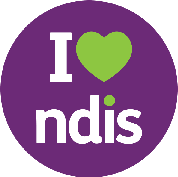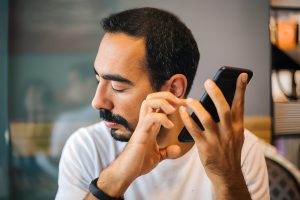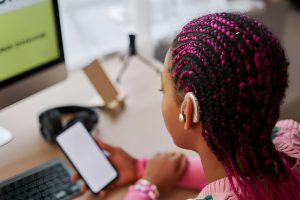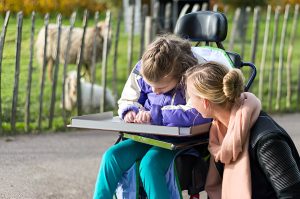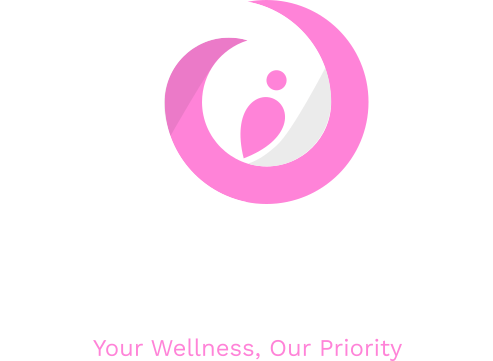In today’s evolving disability support landscape, innovative NDIS support coordination is transforming the way participants connect with services, achieve goals, and maximise their plans. By moving beyond traditional methods, this approach opens up creative pathways to independence, community connection, and personal growth.
While traditional support coordination is essential, it often focuses on the basics: arranging services, ensuring compliance, and managing day-to-day needs. This article takes things further. We will explore innovative NDIS strategies that can help participants, families, and support coordinators achieve more, building independence, creating stronger community connections, and maximising the value of every plan.
If you are a participant, carer, or a provider looking to improve outcomes, these ideas will inspire you to go beyond standard approaches and into new territory.
The Limitations of Standard Support Coordination
Many participants find that standard support coordination focuses heavily on administrative tasks. While necessary, this can leave little time for creative problem-solving or personalised strategies. Common limitations include:
- Service-matching without innovation: Participants may only be connected to the most obvious or well-known providers.
- Limited community engagement: Plans often miss opportunities for social inclusion and local connections.
- Short-term focus: The focus can be on immediate needs rather than long-term capacity building.
- Minimal technology use: Digital tools that could improve independence are often underutilised.
To create better NDIS participant outcomes, support coordination needs to integrate modern tools, deeper community engagement, and forward-thinking approaches.
Strategy 1: Using Technology and Digital Tools
Technology can revolutionise how participants engage with their supports. Creative support coordination can incorporate:
- Goal tracking apps such as NDIS myGoals or Trello boards to monitor progress.
- Secure messaging platforms for easy communication with providers, reducing delays and missed updates.
- Digital service directories that allow participants to browse and compare providers in real-time.
- Video conferencing tools for virtual planning meetings, particularly helpful for participants in rural areas.
By integrating tech, participants can become more active in their planning process and coordinators can streamline updates. If you want to learn more about the basics of this service, see our Understanding NDIS Support Coordination guide.
Strategy 2: Community-Driven Support Networks
Beyond formal providers, local community resources can be a powerful part of an NDIS plan. Innovative coordinators help participants connect with:
- Community groups such as hobby clubs, gardening groups, or arts workshops.
- Volunteer programs that offer social connection and skill development.
- Co-operatives where members share resources and skills.
These networks provide a sense of belonging and can fill gaps in formal services. Community engagement also supports capacity building supports by encouraging independence and resilience.
You can read more about building stronger community connections in our article Empowering Independence: How Support Coordination Facilitates Community Integration.
Strategy 3: Holistic Planning Across Multiple Life Domains
True innovation in support coordination involves seeing the participant as a whole person, not just as someone needing disability services. This means creating plans that integrate:
- Health and wellbeing goals, including preventive care and fitness activities.
- Education opportunities, from short courses to tertiary study.
- Employment pathways and skill development.
- Social inclusion through accessible events and cultural activities.
Holistic planning recognises that progress in one area, such as education, often creates positive ripple effects in others, like employment and confidence.
For participants in NSW wanting to understand their funding entitlements, our resource on NDIS Funding in NSW offers detailed guidance.
Strategy 4: Cross-Agency Collaboration
Many participants’ needs extend beyond disability-specific services. Cross-agency collaboration involves working with:
- Housing services for stable accommodation.
- Justice system supports, particularly for participants with legal involvement (see NDIS Support for Participants Involved in the Justice System).
- Employment agencies for tailored job placements.
A skilled coordinator ensures all agencies are aware of each other’s roles, reducing duplication and improving outcomes. According to the NDIS Guidelines, this kind of coordination can help participants access broader supports that might otherwise be overlooked.
Strategy 5: Embedding Peer Mentorship
Pairing participants with mentors who have lived experience can be life-changing. Peer mentors provide:
- Relatable advice based on their own journeys.
- Motivation and encouragement for achieving goals.
- Practical tips for navigating services and challenges.
Peer mentorship complements professional support coordination by adding an authentic, understanding voice to the participant’s team.
Measuring Success Beyond Compliance
Compliance is important, but real success in support coordination is about quality of life improvements. This can be tracked by measuring:
- Increased independence (e.g., managing own appointments).
- Greater community engagement (e.g., attending local events regularly).
- Improved health and wellbeing (e.g., regular exercise, reduced hospital visits).
NDIS participant outcomes improve when coordinators and participants focus on long-term growth, not just short-term fixes.
How to Access Innovative Coordination Approaches
To get more from your plan, you can:
- Ask your Support Coordinator about technology use, community networks, and peer mentoring.
- Check your funding categories; many innovative supports can be funded through Capacity Building or Core Supports.
- Seek a provider that values innovation, like Centre of Hope, which focuses on personalised, forward-thinking strategies.
If you are unsure whether your plan is being used to its full potential, you can book a free consultation through our Contact Page or use our Referral Form.
Your Path to Innovative Support
By going beyond standard approaches, NDIS support coordination can become a true catalyst for independence, empowerment, and long-term wellbeing. Whether through technology, community engagement, holistic planning, cross-agency collaboration, or peer mentorship, these strategies help participants live more connected and fulfilling lives.
If you want a team that brings innovative NDIS strategies to life, explore our Support Coordination Services and start building a plan that works for you.
FAQ
1. What are the levels of NDIS support coordination?
The NDIS funds three levels: Support Connection, Support Coordination, and Specialist Support Coordination. Read more in our NDIS Support Coordination Levels Explained.
2. How can technology improve support coordination?
It can streamline communication, track goals, and give participants more control over their plan.
3. Does the NDIS fund innovative support strategies?
Yes. Many creative approaches fit within existing categories like Capacity Building Supports.
4. How do I know if my plan is being used to its full potential?
Review your progress regularly, track outcomes beyond compliance, and ask your coordinator about alternative supports.

